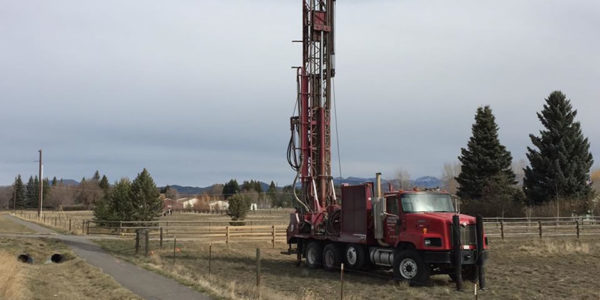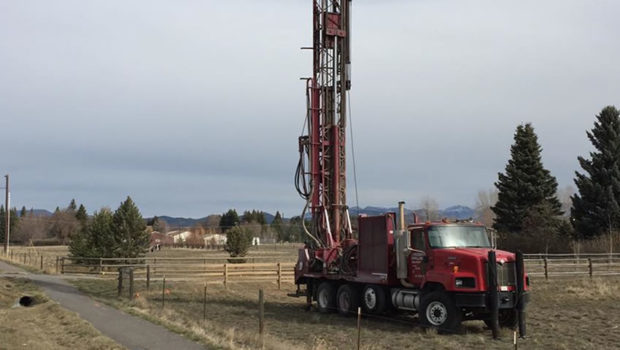How much does it cost to put a water well in?
A well costs $5,500 to drill to a depth of 150 feet on average. The majority of projects cost between $1,500 and $12,000. Expect to have to pay around $15 to $30 per foot of depth, or up to $50 if the terrain is challenging. Digging could be appropriate for shallow depths ranging from $10 to $25 per square foot.
There are many reasons why you might want to build a well on your land. It draws water for domestic or agricultural use. It can also be used to warm your home by drawing geothermal fluids from the ground. Fluids reach the surface through pumps or artesian devices.

This is a big task that entails the assistance of an expert. Working with professionals allows you to keep your land and yourself secure. It can also make the project’s construction process easier.
Average Well Expenses per Foot Drilling and Excavation
A well costs between $10 and $25 per square foot to dig. Drilling adds to the cost of $15 to $30. This only covers the digging or drilling operation, not any further work or machinery.
Digging is generally used for deeper depths where the hole does not have to penetrate complicated soils. Digging is just not enough for depths of 100 feet or higher. Drilling can be needed regardless of depths in rough terrain such as rocky soil.
Water Wells in the Residence
Residential projects are typically less costly. Until contemplating additional installation requirements, drilling ranges between $15 and $25 per square foot. Smaller wells are subject to less stringent regulations than the schemes mentioned below.
The procedure is easy to follow. Following the boring of the whole, it must be cased and attached to your water pipes. Deep holes can necessitate the use of several drill bits to account for varying soil and rock types. Casing and water line connections raise costs, but most professionals factor in several drill bits in their original quote.
Agricultural or Irrigation?
For agricultural and commercial uses, plan to pay around $35 and $55 per foot or more. These expenses are only for drilling, but they do account for the more complicated process.
To address for more volume, the borehole must be wider and often deeper. Water quality standards differ from state to state and can be very severe, necessitating additional purification steps and other measures.
Artesian
Drilling costs between $25 and $45 per square foot by using an aquifer rather than an electric compressor. This artesian method uses rock layers to confine water under pressure. The strain is released by the well, allowing the fluid to increase naturally.
The initial high costs are offset by the low maintenance and operating costs. It would not need a pump or electricity to run. The procedure is similar to that of residential and industrial construction, but it necessitates a precise location and cautious drilling.
Construction of a Geothermal Well
The original hole in geothermal exploration costs between $20 and $40 per square foot. Obtaining geothermal energy, on the other hand, necessitates a separate procedure. It would be important to use a specialist geothermal drill rig. The excavation must be at least 150 feet long.
The construction of a geothermal heating system ranges between $3,500 and $12,500, including the well. Any 500 square feet of your home would need approximately 200 feet of depth to heat. Two wells may be needed for homes larger than 1,000 square feet.
Redrilling a Well for Depth
You might want to extend the depth of your current well. This will either increase the amount of water or boost the heating supply. The cost per foot appears to be the same for all of the alternatives mentioned above. A professional will finish the job in a single day for $300 to $600 in labour and supplies, based on the additional depth.
Factors that affect cost:
- Depth – Shallow vs. Deep Wells
- Distance to House
- Permits
- Geographic Location
- Putting in a Well & Septic System
- Water Testing
- Private Well vs. Municipal Water System Savings
- Hiring a Pro vs. a DIY Construction
Other factors, including those listed above, will also increase costs. Licenses, pumps, and water reservoirs are all additional costs. Hiring a professional guarantees correct installation and increases the price’s dependability. Being certain that the drilling and construction are done correctly often saves money in the long run. Obtain multiple quotations to help appreciate the costs associated with your case.
















